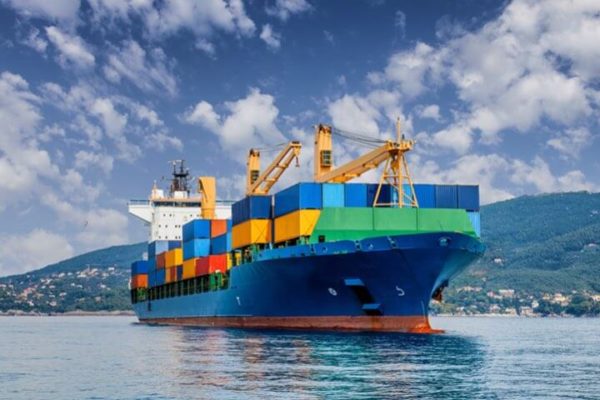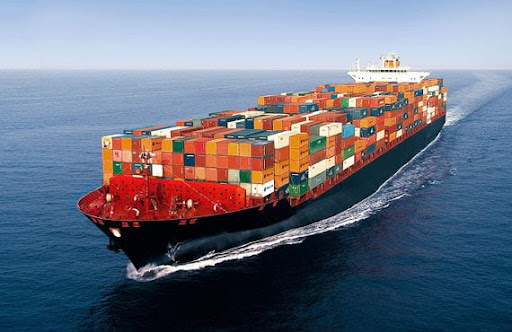What Are The Problems Shippers Face at Destination
Basic issues transporters face
To those new to the sea cargo industry, it can seem complex. It includes a wide range of elements and every substance is contained its own arrangement of rules and guidelines to maintain. Understanding them is one piece of the task finished. Envisioning potential issues is something different. All things considered, here are 11 regular issues transporters face at the shipping objective.
1. Customs tests
Arbitrary traditions checks aren’t exceptional in the shipping scene. Simply 2% to 10% of all shipments are really examined. That is a moderately little part. However, on the off chance that you handle imports and exports consistently, customs will at last label your payload for assessment. Be it at Dutch traditions, US customs or elsewhere, you’ll need to realize what’s in store if your Cash to master gets picked for an irregular examination.
2. Custom freedom issues
The needs of every nation’s traditions office are extraordinary. Some direct irregular investigations. Others target explicit issues with specific kinds of shipments or are nation explicit. One ongoing model would be China’s enemy of Zika treatment prerequisites for US exports from Florida. Importers ought to consistently give exact data to cargo forwarders. Deluding data prompts doubt and that is not something you need with customs authorities! Complete data guarantees a smoother cargo measure, less cerebral pains, and unforeseen hick-ups! This carries us to our next issue: Delays.
3. Postpone costs
Holds and tests lead to delays. That prompts delay-related charges and expenses. These outcome from a large group of reasons going from late cargo delivery to examinations. The most well-known defer charges are demurrage, detainment and outlay. They’re not the equivalent. Ensure you know how they vary so you can best haggle with your shipping line or shipping organization.
4. Missing archives
The first Bill of Lading is the main report in the whole shipping measure. Losing them is one of the issues transporters face. Should they disappear, you can hope to confront issues with the arrival of your shipment, which will bring about postponements. Ensure your unique Bill of Lading is couriered through a solid channel. In the event that you have a confiding in enough connection with your supplier, you can select a Telex Release or Express Release. Contingent upon the freight you’re shipping and to which port your shipment is going, you may require explicit desk work.
5. Missing obligations and expenses
Contingent upon the payload you’re shipping and to which port your shipment is going, you may require explicit administrative work. The reason for this is to secure every nation’s economy, occupants, and the climate. These are demanded against the estimation of the shipment. Certain wares are not permitted, while others require exceptional grants.
For instance, auto-shipments require quite certain reports. Make certain to check the HS Code of the thing you’re shipping, as you may confront additional obligations and charges for your shipment to clear. To guarantee your shipment experiences with no issues, ensure you have the records needed by the various Supplier Payments.
6. Payload harm
It’s normal for payload to show up harmed. Try to make sure about your freight appropriately inside the compartment at birthplace. At any rate 95% of payload harm is brought about by ill-advised pressing or potentially stowage. All things considered, you should know the rudiments of stacking a holder. That incorporates realizing the number of beds fit in your compartment, be it 20-ft or 40-ft.
Payload harm supported from transporter/terminal misusing once in a while occurs. Should your holder continue harm, try to record your protection guarantee. Do this as per the best possible strategies and through the correct channels to guarantee you get redressed. In any case, your smartest choice would even now be to go the additional mile in tying down your load to forestall any disasters.
7. Overweight payload
Overweight or unevenly dispersed freight in the holder is one of the normal issues transporters face. Here and there, the heaviness of the holder doesn’t compare to the administrative work submitted. The issue emerges when the driver gets the holder. He may require distinctive gear to lift the holder. Or on the other hand he probably won’t have the option to transport it at all as it’s over the admissible street weight limit. It’s ideal to ensure you realize the street weight limits and the IMO’s Verified Gross Mass guideline when shipping compartments.
8. Punishments
Transporters regularly need to agree to guidelines with importing payload. Inability to do this prompts fines and punishments. One such model is the Importer Security Filing (ISF), also called the 10+2, which importers are liable for. Know your transporter’s obligation. Ensure you present these on time before your shipment leaves the last unfamiliar port. Something else, get ready to pay strong fines forced by US customs. Additionally prepare to have your payload subject to customs checks upon appearance.
9. Sudden and unexpected terminations
Sudden terminations incorporate strikes – from port specialists, drivers or anybody engaged with the whole shipping measure. This can occur at inception or objective and will undoubtedly cause aggravations from the work stoppage. In any event, when work resumes, it will in any case require a significant stretch of time to clear the clog.
Catastrophic events can likewise cause surprising port terminations. Despite the fact that meteorological organizations can fairly foresee typhoons and tempests, ports regularly decide to be protected than grieved and close ports because of their flightiness. Such is Mother Nature.








